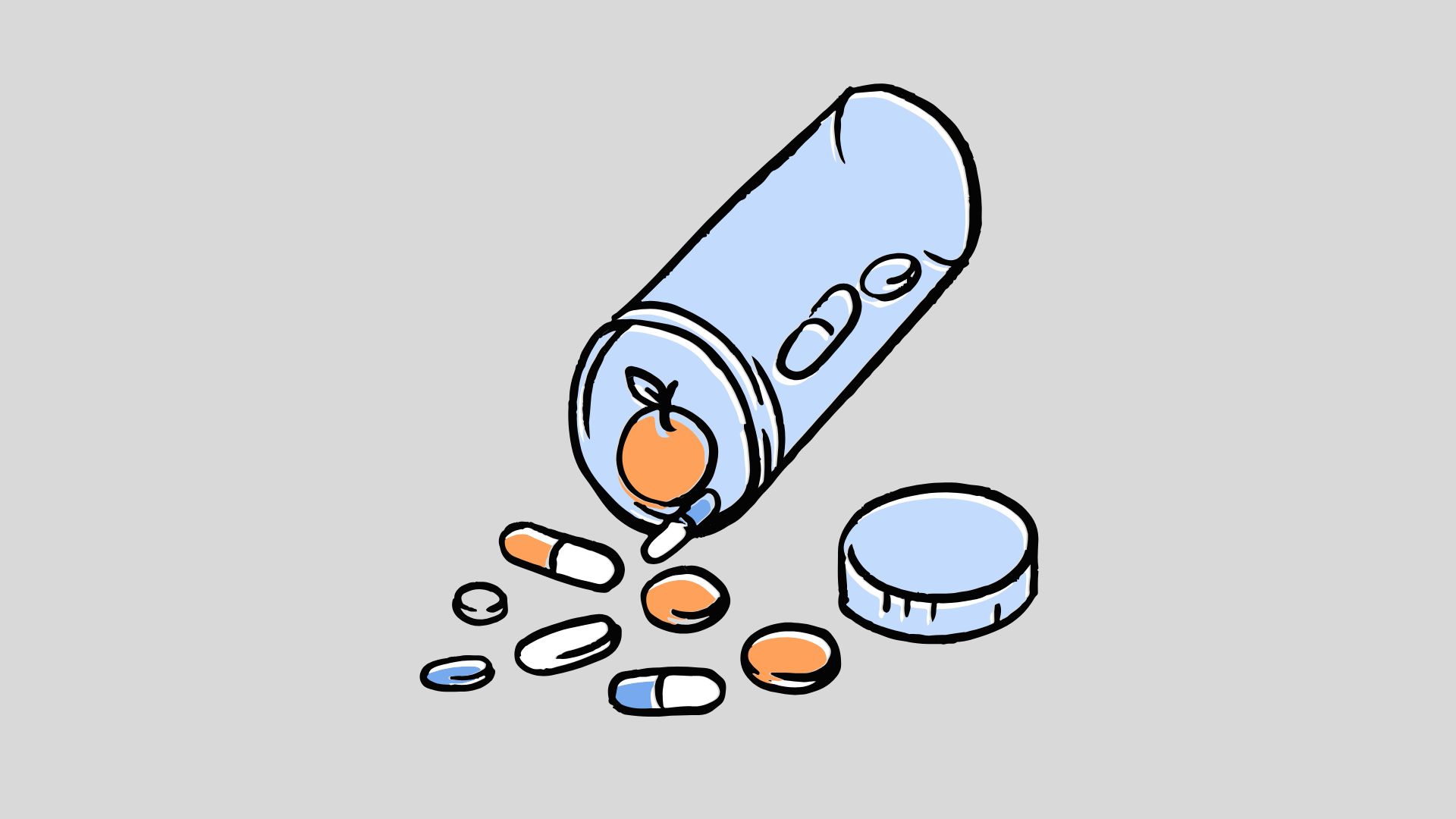

What vitamins should women take daily?
Both male and female have different nutritional needs that need to be fulfilled each and everyday to have a healthy body and organs and to regulate and maintain the metabolic and biochemical functions of the body.
However, what if we tell you that these nutritional values and needs vary a lot among women as well with certain age and life phases?
So, today we are going to discuss various vitamins a woman should definitely take on daily levels and at what phase of life they need them the most……
Vitamins: The Needs of Women According to Different Life Phases-
The Reproductive Years
Reproductive phase includes puberty and the years of life where a woman is mostly physically active, has a lot of workload to take and is in high demand of energy. So, it is important to maintain the adequate amount of all the vitamins and other nutrients in the body. Whether it’s carbs, protein, vitamin A, B, C, D, E, etc.
With this, iron is also one of the most required nutrients to maintain in the body because of periods and blood loss during the menstrual phase of a female. Iron perform many of the vital functions in the body like:-
- energy production
- wound healing
- immune function
- red blood cell formation
- growth and development
Some good natural sources of iron are:-
- Dried beans and lentils
- Dark green leafy vegetables like spinach, kale, and collards
- Nuts like pistachios, cashews, and almonds
- Dried fruits like raisins, prunes, and dried apricots
- Fortified cereals, breads, and pastas
- Beetroot
- Egg yolks
- Whole grains
- Citrus fruits like oranges and lemons
- Tomatoes
- Berries
- Kiwi fruit
The vitamins that are usually low in women during this phase are vitamin D, vitamin B6 and vitamin B9 also known as folate. Some natural sources of vitamin B6 and vitamin B9 are:-
- Mamey Sapote
- Dried Pasilla Peppers
- Meat
- Seafood
- Poultry
- Eggs
- Dairy products
- Leafy green vegetables, such as cabbage, kale, spinach, and spring greens
- Legumes, such as chickpeas, kidney beans, peanuts, and peas
- Broccoli
- Brussels sprouts
- Breakfast cereals
- Fruits, such as guavas, pomegranates, papayas, kiwis, and strawberries
Pregnancy and Lactation Period
Choline is one of the essential but less known nutrition people know about but it is very essential for both the mother and fetus during pregnancy and breastfeeding phase. Choline, also called vitamin B4, is very important for pregnant women as it supports the transport of nutrients through the placenta; reduces your baby’s risk of developing type II diabetes; reduces the baby’s risk of hypertension.
Iodine is also very important to maintain in the body during pregnancy. Some good sources of iodine are:-
- Baked cod
- Nonfat Greek yogurt
- Nonfat milk
- Iodized table salt
- Enriched pasta
- Hard boiled eggs
- Cheddar cheese
- Canned tuna
- Roasted chicken breast
Post- Menopause
Vitamin B is needed by the body for a variety of functions and so do the different forms of Vitamin B including Vitamin B6, B9 (folic acid), and B12. These vitamins help with body functions like red blood cell production, energy production, protein metabolism, cognitive development, nervous system function.
These vitamins requirement increases and so does the deficiency in the body of the female after menopause. So, it becomes crucial to increase the amount of these vitamins in the diet and also can be taken as a supplement after consulting with a doctor or nutritionist.
Another needed increase in nutrition intake is vitamin D and calcium. During menopause, the risk of osteoporosis increases in a female’s body due to fall in the estrogen levels. Therefore, an increased amount of these both in diet is very essential during and after menopause.
Some easy to get sources of vitamin D and calcium are:-
- Cod liver oil
- Wild caught salmon
- Farmed salmon
- Canned salmon
- Canned sardines
- Canned mackerel
- Canned tuna
- Fresh shitake mushrooms
- Sundried shitake mushrooms
- Egg yolk
- Dairy products
- Chinese cabbage
- Kale
- Broccoli
- Fortified fruit juices, drinks, tofu and cereals
Above 70 Years
As people age, they naturally start to lose bone and muscle mass and become fragile and low in many nutrition absorptions.
So, the vitamin that becomes essential to take at older ages is vitamin D. It can be taken naturally through sunlight or can be taken through foods that are rich in vitamin D. The most easily absorbing form of vitamin D is also available as over- the- counter supplements.
Every woman’s body and nutritional needs are unique and before starting any supplement or different ingredients it is better to first consult a doctor or nutritionist and get yourself checked so that the doctor can understand your body’s unique dynamics and the needs according to those dynamics. So, what you need is to look for a Women’s Health Clinic near me and get your needs known as soon a s possible.



